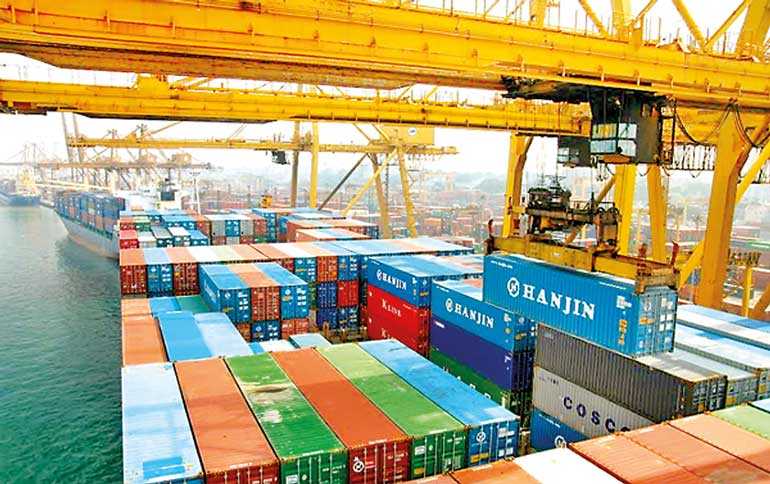Sri Lanka’s import tax exemption schemes are too opaque, resulting in them being open to abuse and corruption, a case study by a prominent think tank has found, with decisions frequently subject to officials’ discretion as regulations are unavailable to the public and HS codes are unused.
The case study done by Verité Research found that even though businesses are required to obtain letters of approval from several agencies to be eligible for the exemptions, there is no procedure in place to obtain these approvals. Since there is neither documented nor publicly available material, businesses must rely on verbal instructions provided by the agencies and visit these organisations in person to obtain instructions.
“Research by Verité Research (VR) finds that verbal directives provided by different officers in different agencies are often inconsistent, making such instructions unreliable. Research also revealed that lack of a documented procedure favours incumbent businesses with access to high level bureaucrats at a personal level that can guide them through the opaque system over new businesses that do not have the same level of access,” the study said.
The criteria by which exemptions are approved by the relevant government agency are neither documented nor made publicly available, the study goes onto say. Additionally, the legislation that lists the eligible products identify them by product name and not by HS code.
“As a result, the determination of the applicant’s eligibility and the product for exemption is subject to undue discretion on the part of the officer-in-charge. This state of affairs reduces the predictability of the outcome and leaves room for misuse and corruption.”
The study warns that the current approval process is also prone to abuse by tax evaders who can import products other than those eligible under these schemes in collusion with officials. Import statistics may potentially help assess impact of the schemes on targeted beneficiaries and detect instances of such misuse. The absence of such data further increases the possibility of abuse, it added.
First-time or new importers are particularly affected and face difficulties in finding relevant information on the process to obtain approval letters to qualify for tax exemptions. Verité examined the process for getting import tax exemptions for agriculture imports and found significant problems in the procedure.
Information regarding the eligibility criteria, the HS codes of the eligible products, and the documents required as proof is neither documented nor publicly available. The relevant gazettes and orders published by the respective agencies provide only the basic information on the products and the list of agencies from which approvals are required, the study found.
The three agencies responsible for approving requests, namely the Ministry of Agriculture, Department of Fiscal Policy and Department of Customs, for exemptions under the scheme do not provide details of the documentation required, eligibility criteria or the relevant HS codes for exempt products. Importers must rely on the verbal guidelines provided by the officer in charge or other third parties such as clearing agents or customs house agents, the study points out.
“Agricultural importers interviewed during the research provided inconsistent reports of the verbal directives they received from officers at different agencies. Some agencies stated that the approval of a second agency was not required for an exemption, while the latter organisation insisted that its approval was necessary. This type of conflicting information is evidence of the difficulties importers face in finding accurate and reliable information. Moreover, since these particulars are received verbally, businesses are at considerable risk when they cannot validate the information if challenged by a third party,” the study said.
Verité Research also observed the lack of published eligibility criteria and applicable HS codes leaves considerable room for official discretion in determining the qualification of the applicant and the product for tax exemptions. This exposes businesses to undue harassment and leaves room for corruption.
“The taxes businesses are liable to pay are published by the Government by HS code. Using HS codes to identify the specific products exempt from taxes at the point of import allows businesses to make decisions with more precision. Businesses can calculate the taxes if they were not to receive an exemption, the actual monetary benefit of the exemption, and make decisions about whether to import. Further, knowing the HS code of the product in advance enhances the predictability of outcomes and prevents lengthy disputes with Customs officials at the point of import about the eligibility of the product for exemptions.”
Taken from DailyFT
